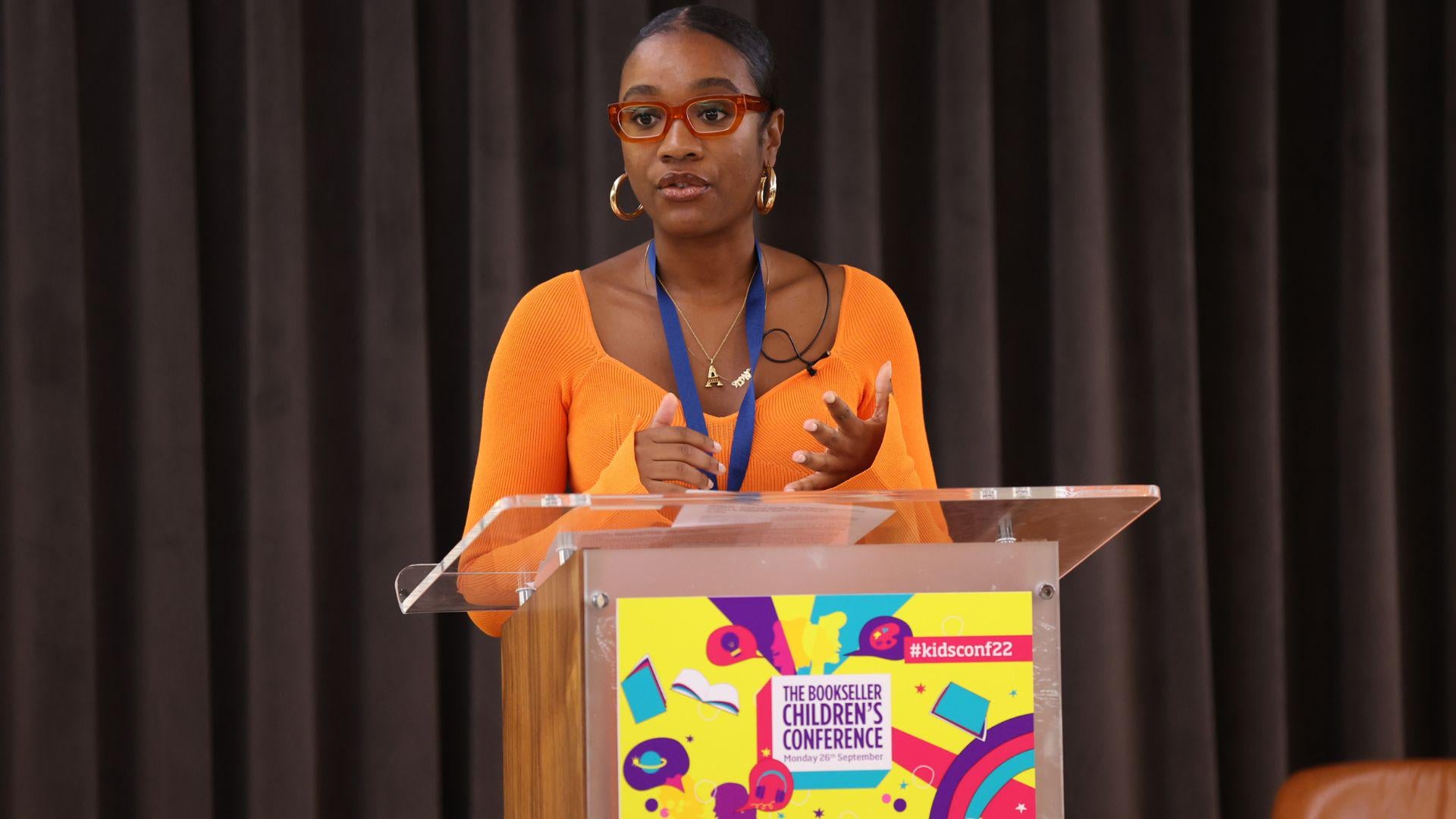
From the article:
Award winning inclusive children’s publisher Knights Of is to close, The Bookseller understands, with accountancy firm Hart Shaw instructed to place the company in liquidation, pending a vote of the shareholders.
The company – which as of 16th October ceased trading – is expected to go into liquidation during the week of 10th November. Shareholders include co-founder and MD Aimée Felone, co-founder Dee Stevens, and authors Robin Stevens and Sophie Anderson.
No reason has been given for the collapse, though it is understood that KO had been talking to publishers about a potential sale for sometime. Knights Of would not comment when contacted by The Bookseller, except to confirm its closure.
This week its offshoot bookshop Round Table Books – which is a separately run Community Interest Company – launched a fund-raising initiative to move into bigger premises.
Knights Of was founded in 2017 by two former Scholastic employees, Aimée Felone and Dee Stevens. The company name is a reference to the Knights of the Round Table in Arthurian legend, which offers everyone an equal voice and an equal say in all matters. At the time, Felone said: “Knights Of was born out of a frustration with the lack of representative voices and narratives in children’s fiction. With Knights Of we can publish uniquely, putting our differences first and celebrating them, making it central to our business.”
Knights Of was named Children’s Publisher of the Year at The British Book Awards in 2022, where it was described as “small but mighty, and full of integrity and purpose”. It followed a year in which Elle McNicoll’s A Kind of Spark scooped both the Waterstones Children’s Book Prize and the Blue Peter Best Story Book Award, with Jason Reynolds taking the CILIP Carnegie Medal for Look Both Ways.
An open letter signed by more than 20 independent publishing houses – including Bluemoose Books, Tilted Axis Press and Influx Press – was published in October, claiming that small presses face an “existential crisis”. It cited production, paper supply and energy costs; a challenging retail landscape; lack of review coverage; and a reduction in the number of distributors available for small presses, and arts-funding cuts.
However, it is not known if these were significant contributory factors in the closure of KO. Concerns have also been expressed about the sector’s commitment to inclusive and representative publishing, with KO’s closure likely to raise further questions.
I thought this was interesting in light of the recent announcement that The Children's Booker Prize will be awarded from 2026. Authors have been talking about concerns within the middle grade book industry for a while, and I'm wondering what this press closure might say about the status of children's literature in a climate where small presses with a focus on inclusivity and diversity in narrative are increasingly struggling to survive, and in an era of book bans.
by melonofknowledge
